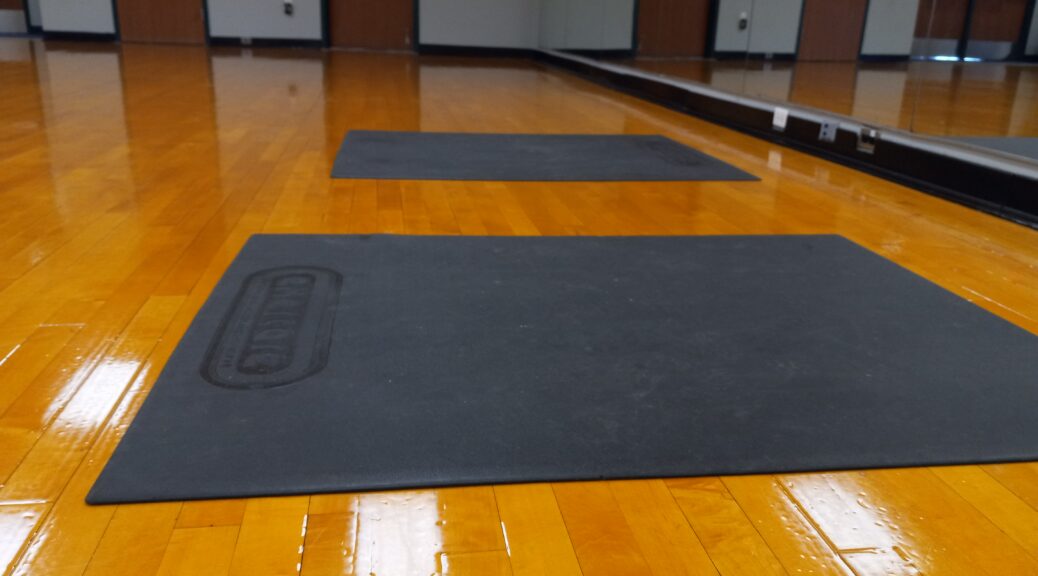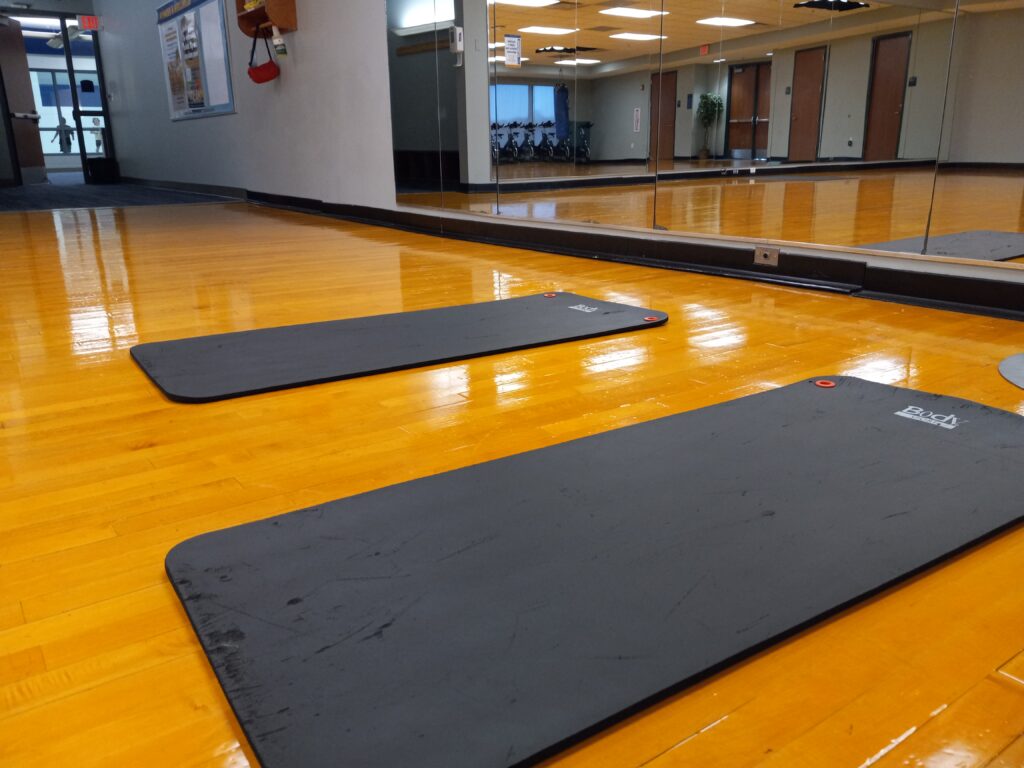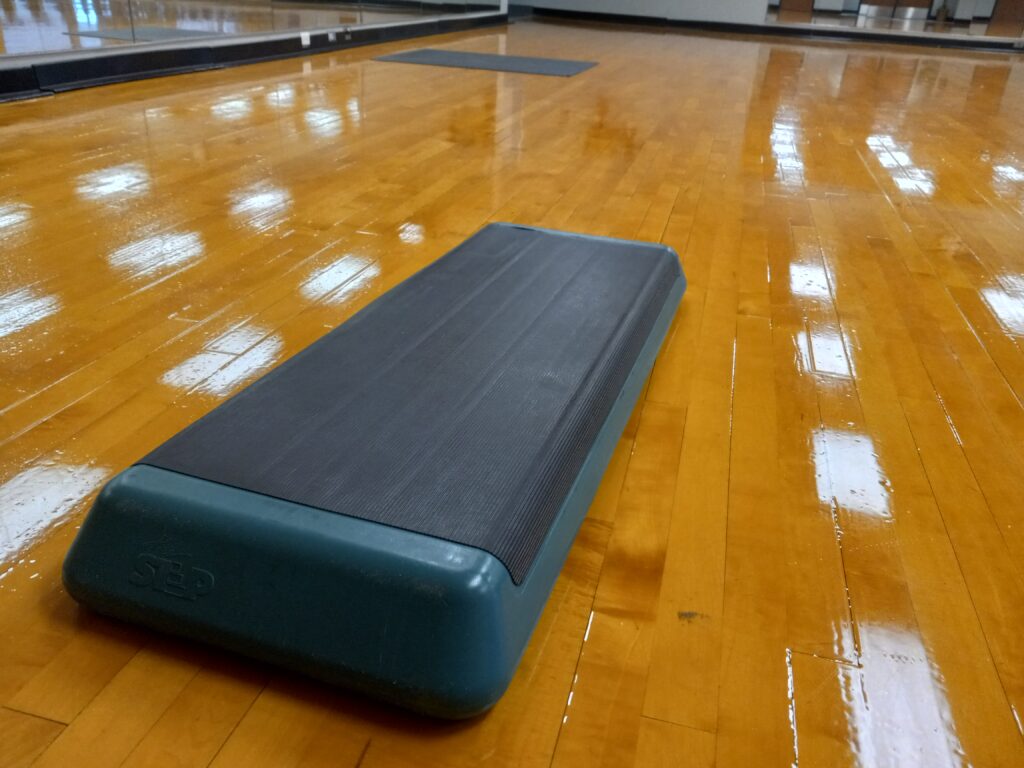
Meditation Improving Longevity
When we have the feeling of anger, stress or anxiety, we are often told to breathe in order to calm down. Most people don’t turn to that method, people tend to throw or hit things when feeling angry and even have unhealthy habits when anxious or stressed. With the calming of the mind, mindfulness can lead to many positive outcomes in overall health which can lead to increasing longevity.
Meditation has been way for people to cope with health disorders but isn’t talked about like it should be. Meditation and breathwork go hand in hand, in order to participate in a meditation practice, it starts with the calming of the breath.
A study has some scientists finding that meditation can help cellular aging and when cells age it increases the incidence of diseases. Slowing down the process of aging can help increase longevity in people’s lives. Telomeres play a significant role in this. Telomeres protects the ends of chromosomes from damage and support the stability of the genome and as the cell divides, telomeres shorten because of age and lifestyle habits. Meditation can reduce cognitive stress and stress arousal, increase positive states of mind, and hormonal factors that may support telomere maintenance.
Loving-kindness meditation encourages compassion for the individual and for others. This increases empathy but it also supports health and well-being in general and boosts positive emotions.
Scientists suggest that this meditation can slow down biological aging and is likely the most effective meditation for longevity.
According to (nih.gov) (National Center for Complementary and Integrative Health, 2022) a U.S. survey back in 2017, the percentage of adults who practiced some form of mantra-based meditation, mindfulness meditation, or spiritual meditation in the previous 12 months tripled between 2012 and 2017. The percentage went from 4.1 percent to 14.2 percent and among children aged 4 to 17 years, the percentage increased from 0.6 percent in 2012 to 5.4 percent in 2017.
According to restonnow.com mentions physical benefits of breath work in 2022. Deep breathing is often instantaneous. Our fight-or-flight or rest-and-responses are activated by having a direct relationship between breath rate, mood and systems. This directly affects heart rate, respiration and digestion. Deep, mindful breathing carries benefits to these systems and more.
Renee West is mentioned from Reston Now. She retired from her corporate sales career and pursued certification as a yoga instructor.
“Breathwork has many health benefits,” West said. “You can use it to increase or decrease your energy, to calm your mind and to help you focus, among many things. There are so many techniques.”
It is also mentions that breathwork improves longevity showing us that breathwork improves metabolism and reduces inflammation which both include to living a longer life. Heart health and lowering blood pressure are also taken into account.
Meghan Factor-Page works in the Student Involvement Center with leadership and with the green sororities as well as undergraduate student government here at Kent State University. She has a bachelor’s degree in school health education and a master’s degree in higher education which allows her to work on college campuses.
“My background being in school health education, I’ve always appreciated the holistic wellness and helping people to build healthy habits,” Factor-Page said. “That’s what attracted me to this position.”
“You can use it to increase or decrease your energy, to calm your mind and to help you focus, among many other things. There are so many techniques,”
Yoga instructor Renee West said.
Kent State offers sessions for students to join in on so that they can take time out of their day to help with stress and to make them feel present.
“We offer anywhere from one to five different sections of code which is four sections long, an hour and a half each week for four weeks. In those sessions we teach mindfulness and meditation, and we go through different types of meditation. We’ll do one where it’s a body scan where you’re thinking about your head and face, legs, and back,” Factor-Page said.
“We do a guided meditation where you’re almost telling the story and you’re lost on where you’re at. I’ve done dynamic breathing where you’re pulling a lot of air within your body and just letting it come out. We go through different methods and strategies.”
Gianna Jessup is currently the graduate student for student leadership development at Kent State. Although she is not able to mention how meditation has affected her for longevity, she talks about how meditation has affected her mind and her involvement with the practice.
“I usually do it to relax and silence my thoughts. Usually when I meditate I do it right before bed so I can clear my head and get into a relaxing type of mode,” Jessup said. “I also do it when I’m feeling anxious or stressed out then I’ll take about 10-15 minutes to take deep breaths and calm heart rate. I focus on being mindful of I’m here, I’m in the present, everything is fine, focusing on the present instead of worrying about the future.”
“After meditating for 6-9 months, almost two-thirds of those prone to anxiety managed to reduce their anxiety levels,”
Author Mira Rakicevic said.
A class that Jessup took was what influenced her to take meditation more seriously since she thought it was interesting to see how many types of meditation there were. She also says that people should take up on meditation more because people can be an observer of their thoughts instead of being immersed in them.
“Whenever you’re stressed your body goes into a fight-or-flight mode and meditating and controlling your breathing does have physical health benefits,” Jessup said.
Mira Rakicevic dove in on the statistics of meditation from disturbmenot.com
“About 76% of people using meditation said that general wellness is their primary motive. Furthermore, mindfulness meditation statistics show that other reasons for meditating include boosting energy levels (60%), improving memory and focus (50%), and relieving anxiety, stress, and depression,” Rakicevic said. “After meditating for 6–9 months, almost two-thirds of those prone to anxiety managed to reduce their anxiety levels.”
A study in 2021 from lifespan.io regarding meditation and brain health. Cognitive decline and aging, cross-sectional studies on meditation have found that older adults who have practiced meditation over a long period of time have higher levels of executive function, attention, and fluid attention than non-meditating older adults.
“Whenever you’re stressed your body goes into a fight or flight mode and meditating and controlling your breath does have physical health benefits,”
Graduate student Gianna Jessup said.
Factor-Page has hopes of a bright future bringing in more students to participate in meditation.
“The university communities such as students, faculty, staff, and community members are more aware of the benefits of mindfulness and meditation,” Factory-Page said. “We had over 30 class requests for us to come talk to FYE classes, nursing classes, and public health classes about the resources for wellness.”


